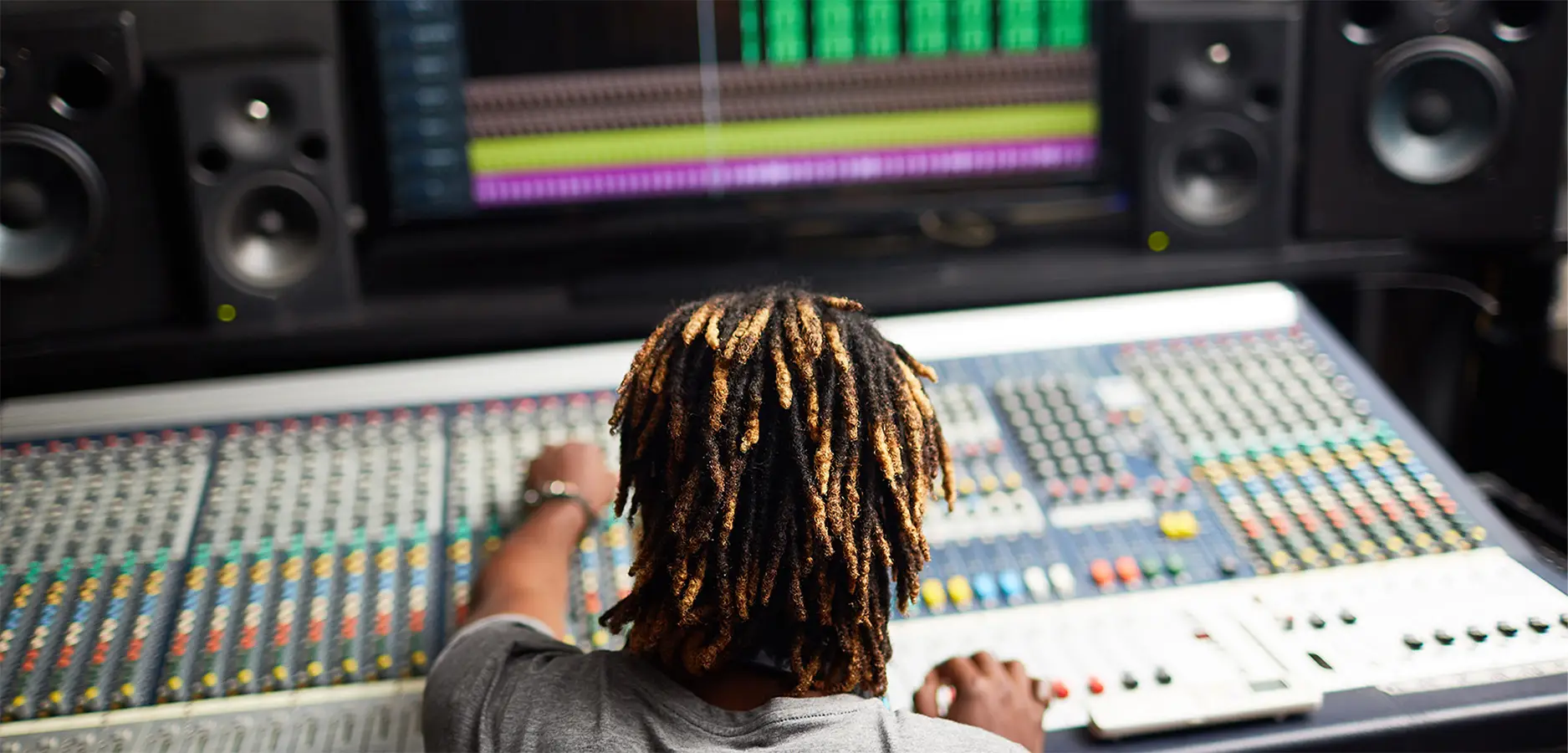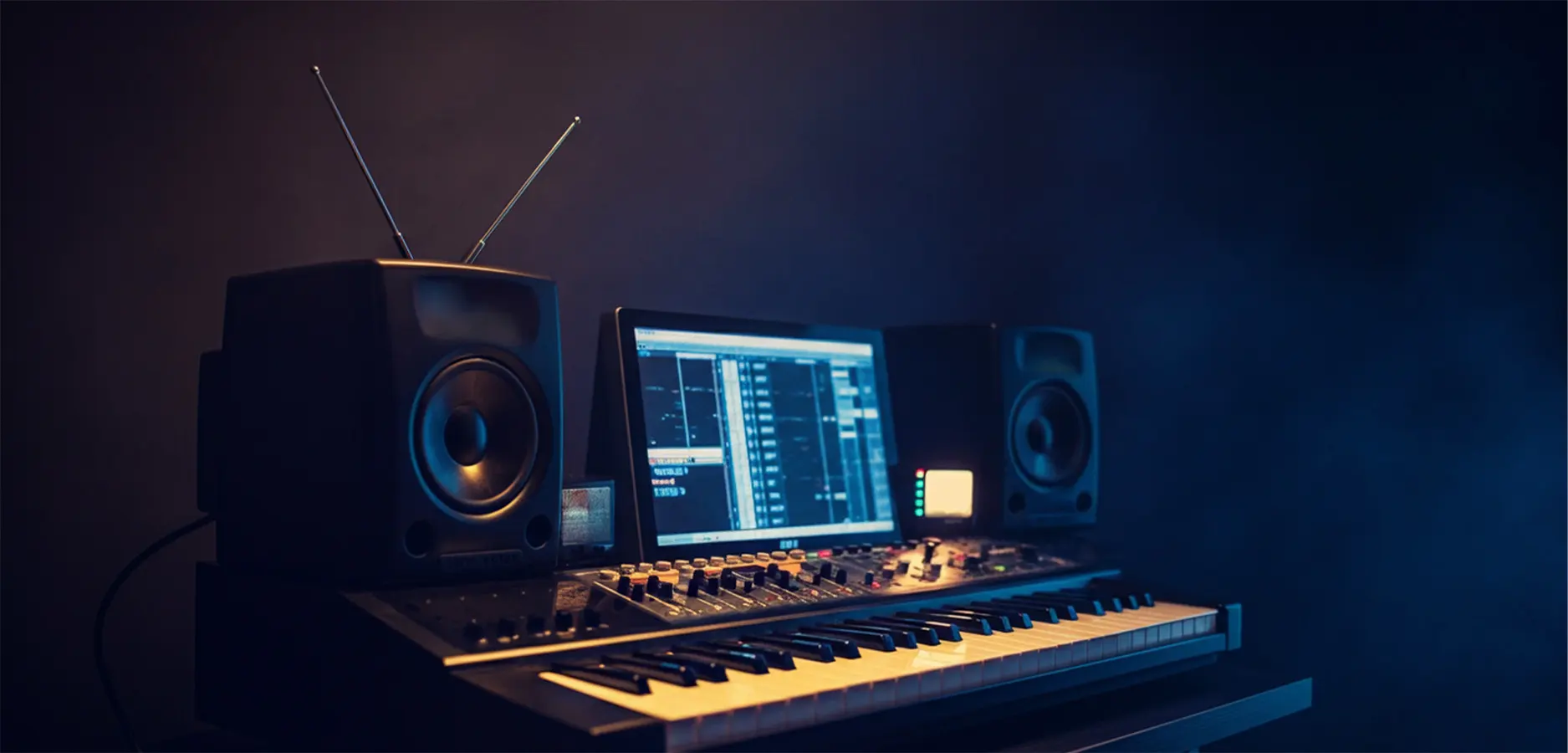In this article:
You’ve added the last riser. The drop hits. The mix feels… kind of right. But deep down, you’re still asking yourself:
Is this done?
Knowing when to stop tweaking is one of the hardest parts of producing. The more you listen, the more things you find to “fix.” And before you know it, you’re caught in the loop: export, tweak, re-export, doubt.
Let’s break down the signs that a track is actually ready—and what to do when you’re not sure.
1. You’re Not Hearing Problems—You’re Inventing Them
It’s normal to want your mix to be clean, wide, and punchy. But when you start nitpicking details no one else would notice—like whether the clap is 1% too loud—you’ve likely crossed into overthinking territory.
✅ Ask yourself:
-
Are you fixing something that actually feels wrong?
-
Or are you just unsure and chasing perfection?
If it’s the second, it might be time to let go.
2. The Emotional Impact Is There
You don’t finish a track when it’s technically perfect—you finish it when it feels right.
If your drop hits, if the transitions make sense, if your core idea is clearly coming through—you’re already further than most unfinished projects sitting in hard drives.
✅ Try this test:
-
Step away for a day or two
-
Come back and listen as a listener, not a producer
-
If the track makes you nod, move, or feel something—it’s doing its job
The rest is refinement, not rescue.
3. You’ve Listened on Multiple Systems and Nothing Broke
A finished track should hold up outside your DAW. If it sounds decent on:
-
Your headphones
-
Your phone
-
Your studio monitors
-
Your car (classic test)
…then it’s probably more balanced than you think.
✅ Tip: If you only find “problems” in the studio, it might just be your room tricking your ears.
4. You’re Not Learning Anything New by Tweaking It
At a certain point, working more on the same track doesn’t improve your skills—it just feeds your insecurity.
If you’re not learning, experimenting, or hearing clear improvements, the best thing you can do is finish the track and move on.
Every song teaches you something. But only if you know when to stop working and start reflecting.
5. You’ve Lost Objectivity
This one’s easy to miss. When you’ve heard the same loop 200 times, your brain starts to tune out the details. That’s when:
-
The snare suddenly feels “wrong” for no reason
-
The lead sounds boring (even if it’s not)
-
You start muting parts just to hear something different
If this is happening, it’s not your track—it’s your ears that need a reset.
So How Do You Know It’s Really Done? Ask Someone Who Knows.
Sometimes, the best move is to bring in someone with fresh ears and real experience.
But not just to polish your mix—you want someone who can actually show you what’s working, what’s not, and why.
That’s what makes Master-E so useful when you’re not sure your track is finished.
It’s a full mix & master session, but with a twist:
you also get a personalized video breakdown of what was done to your track—why certain moves were made, what was already working, and where your decisions paid off.
It’s not just about finalizing your music. It’s about learning from the finalization.
You Don’t Need a Perfect Track—You Need a Finished One
Let’s be honest: the best producers aren’t the ones who make perfect music.
They’re the ones who know when to move on.
A finished song, with all its flaws and character, teaches you more than ten “perfect” loops sitting in Ableton purgatory.
If you’re at that 90% stage and not sure what’s missing—or if anything is missing—get feedback you can trust.
Better yet, watch someone finish your track and explain how they did it. That’s what makes something like Master-E way more valuable than just another mastering service.
🎚️ Sometimes, the fastest way to move forward… is to call it done
Read other articles
 April 4, 2025
April 4, 2025Stop Letting AI Master Your Tracks (Here’s What You’re Missing)
Stop Letting AI Master Your Tracks (Here’s What You’re Missing)
 April 4, 2025
April 4, 2025AI Mastering vs Human Ears: Why Real Experience Still Wins
AI Mastering vs Human Ears: Why Real Experience Still Wins
 April 4, 2025
April 4, 2025What You Learn from Watching Your Track Get Mixed
What You Learn from Watching Your Track Get Mixed

